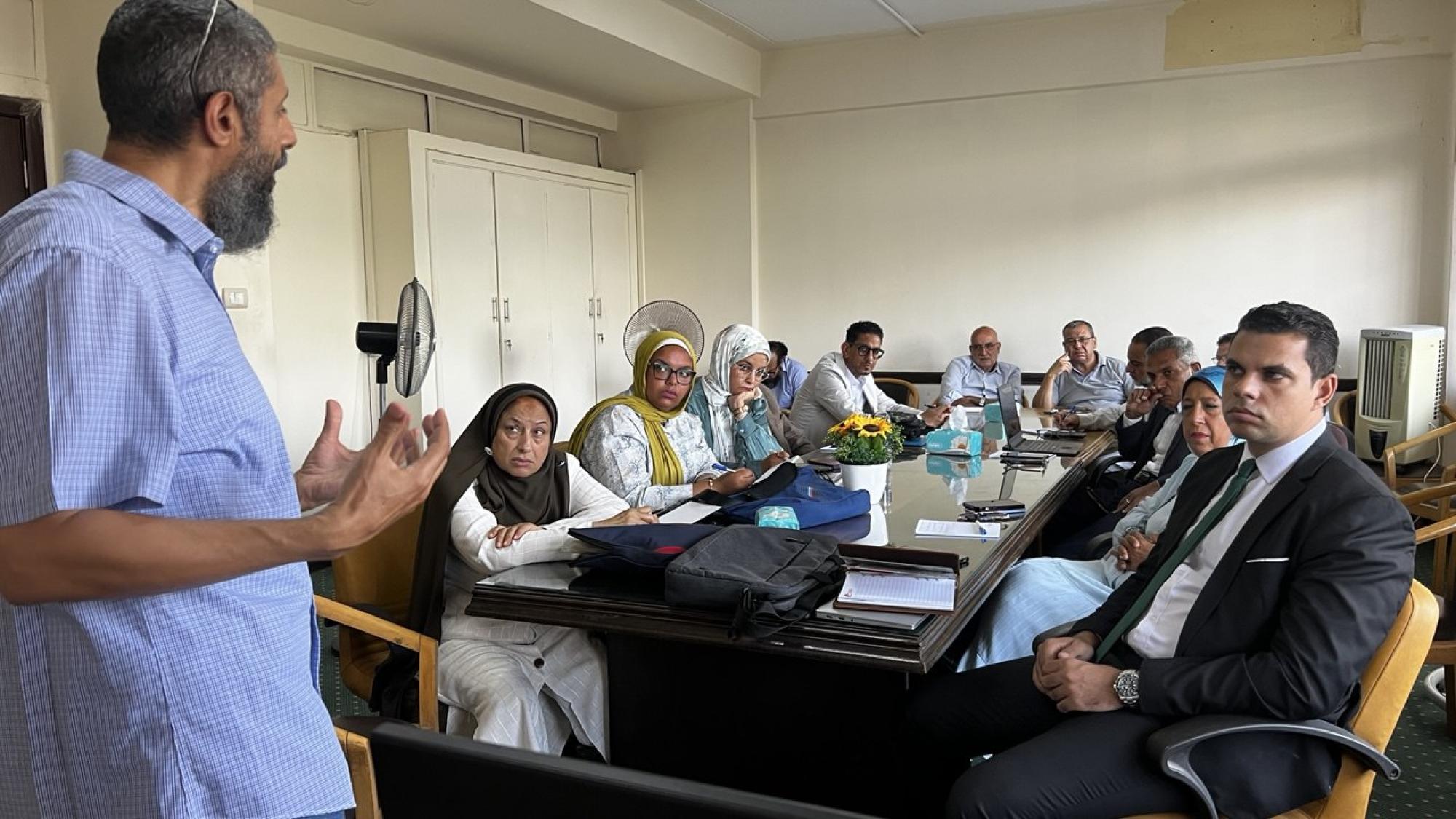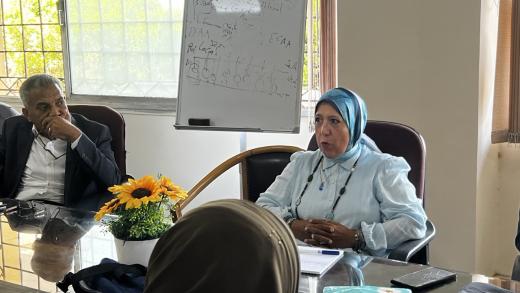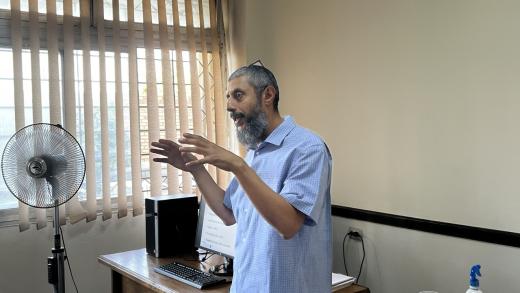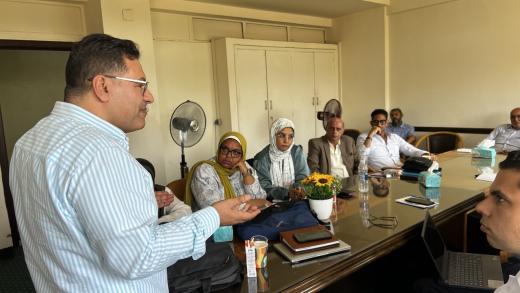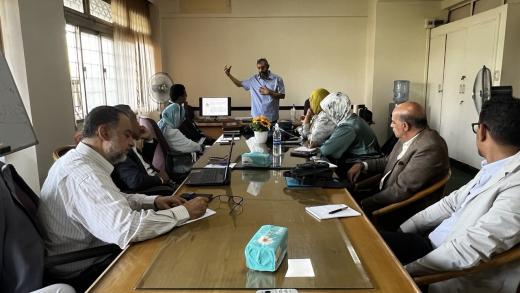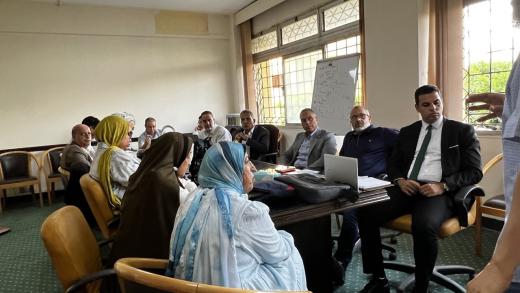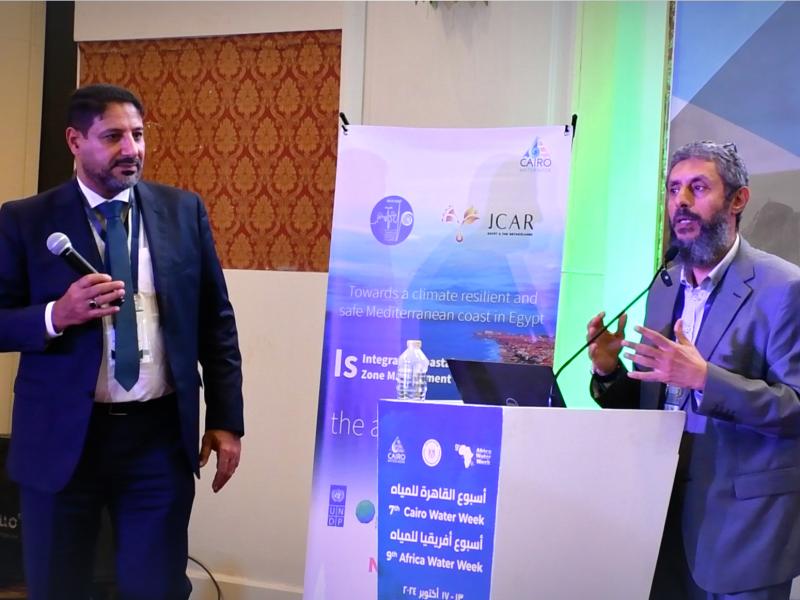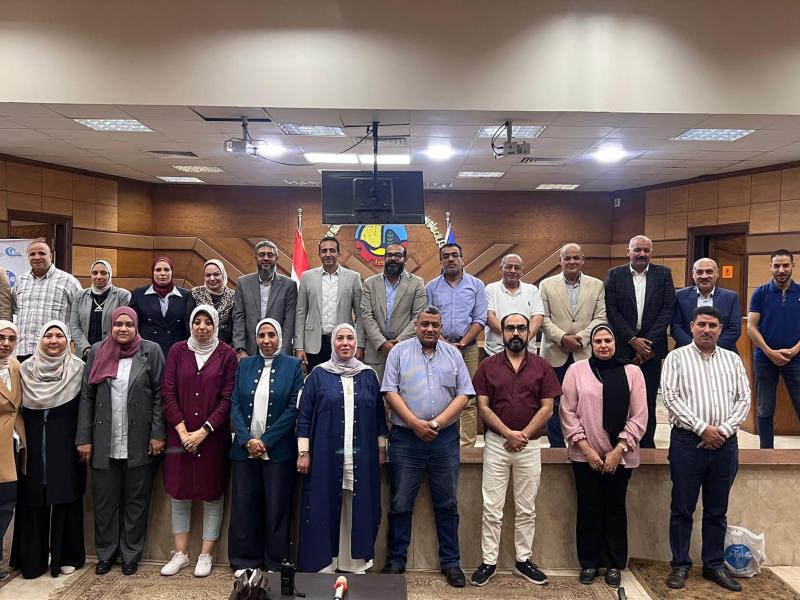#eccadp #mwri
Today marks a pivotal moment in the history of Egypt's climate change adaptation project for the Nile Delta and the northern coast. For the first time in Egypt's history, a comprehensive strategic plan for integrated coastal zone management is being developed.
This strategic plan targets the entire 1200 km Mediterranean coastline and serves as a roadmap for coastal governorates. It provides decision-makers with a clear understanding of coastal areas at risk of flooding, seawater intrusion, salinity, erosion, and sedimentation, using scenarios up to 2100. The plan outlines the specific actions required for each coastal region under different scenarios, enabling informed investment and development decisions. Additionally, the plan defines the roles and responsibilities of various stakeholders within each governorate to address potential risks, in accordance with Egypt's Environment Law of 1994 and Water Resources and Irrigation Law of 2021.
The first coordination meeting for the plan, which will be implemented by a team of Egyptian experts, was held today. The meeting was attended by leading figures from the Egyptian General Authority for Coastal Protection, including Eng. Mohamed Hassan Ghattas, Deputy Chairman for Research and Studies, Eng. Salwa Abdel Fattah, Head of the Central Administration for Implementation and Maintenance, and Dr. Ali Saber, Head of the Central Administration for Research and Studies. Also present were the project director, Dr. Mohamed Ahmed Ali, and Dr. Yasri El-Komy, an expert in strategic planning and governance. Other experts included Dr. Samir Ahmed Sayed Abu Hadima, a risk assessment expert from Cairo University, Dr. Mahmoud Fouad Ahmed, a biodiversity expert and nature conservation consultant, Dr. Samh Sakr, a groundwater expert from the Water Research Institute, Dr. Essam El-Din Fouad, an expert in coastal engineering and port construction, and socio-economic experts from Alexandria University.
This is a groundbreaking and historic step towards creating a safe environment for citizens, fostering a stable investment climate, generating more job opportunities, and ensuring a sustainable future for coastal communities. The initial draft of the plan is expected to be completed by the end of 2024, with pilot implementation in two coastal governorates through their integrated management committees starting in 2025."
Read also
-
31 October 2024
Towards a Climate Resilient and Secure Mediterranean Coast in Egypt - Is Integrated Coastal Zone Management (ICZM) the Answer?
-
21 March 2023
Examining mechanisms for financing the use of sand feeding technology in shore protection projects
-
27 September 2025
The Voice of the Delta Resounds: "Message from Planet Earth" Reaches Beheira to Conclude Its First Phase of Combating Climate Change


